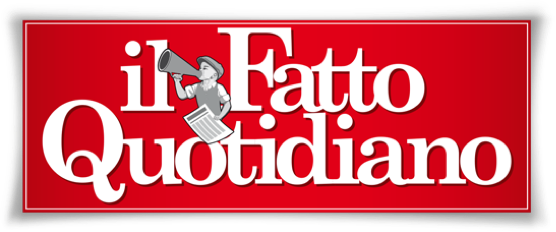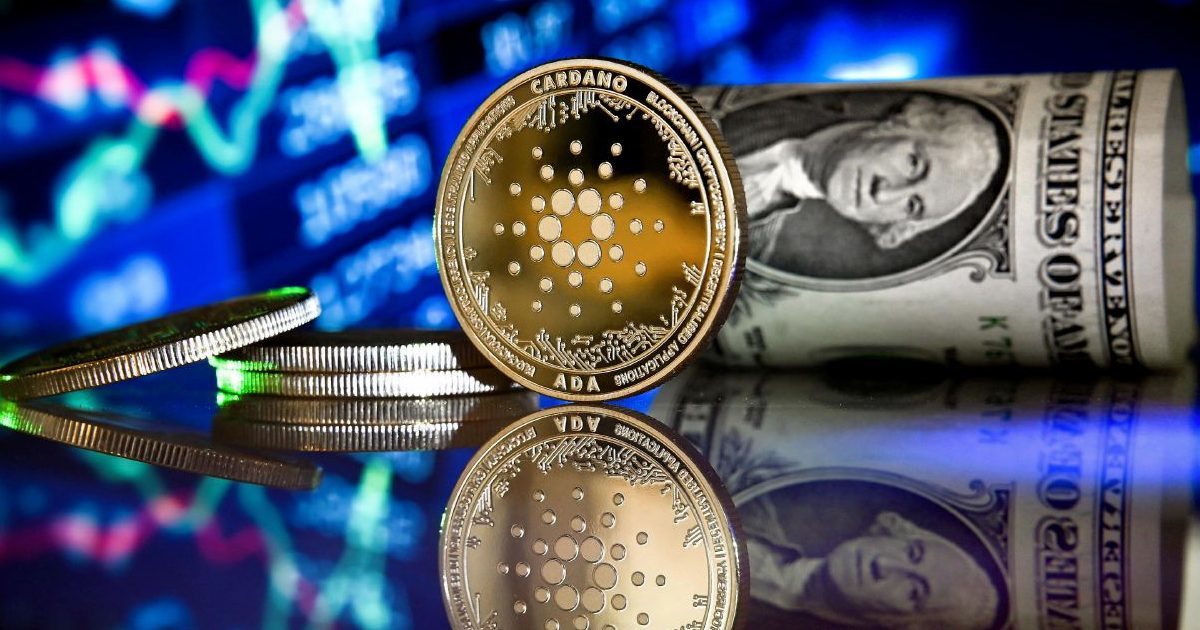There is more than one stain in the career of Giancarlo Devasini, the Italian national celebrity in the cryptocurrency industry. The former plastic surgeon now entrepreneur who as Chief financial officer (CFO) manages Bitfinex, one of the main global crypto exchange platforms, and Tether, the third stablecoin by market capitalization, has left behind him a hidden criminal case for stolen goods, fraud, counterfeiting, commercial fraud, and copyright infringement. A story from over 25 years ago, which Devasini has never told in its entirety, but which explains unprecedented aspects of the fortune built by the man now considered by many a guru of the crypto-financial community.
The only information that has emerged so far on this matter is summarized in an article published on February 16, 2021, by Il Fatto Quotidiano and resumed the following July by the British newspaper Financial Times: in 1996 Devasini paid 100 million liras, equivalent today to approximately 50 thousand euros, to settle a lawsuit by Microsoft for counterfeiting. On this point, Tether, the company directed by the Italian entrepreneur, told that it was an involuntary error: “Devasini – the company explained to the FT – had unintentionally loaded unlicensed Microsoft software on the computers he sold, after trusting the assurances of a supplier, and had collaborated with the authorities after the investigation was started”.
But, according to what Il Fatto Quotidiano and EIC can now reveal, the story does not exactly correspond to that narrated by the entrepreneur. The compensation of 100 million liras arose in fact at the end of a criminal case against Devasini and 43 other people accused of being part of a criminal association active in counterfeiting and fencing Microsoft-branded software. In short, for Devasini and associates, the accusation was that of having created an illegal business, with thousands of pirated products sold around Italy, especially in the north of the country.
Conducted by the Guardia di Finanza (the Financial Police) of Milan and coordinated by the public prosecutor Enrica Manfredini, the investigation ended in 1995 with the seizure, by the Italian authorities, of assets for a value of 5.1 billion liras, equivalent to approximately 2.5 million euros. Among the seized products were 24,124 floppy disks containing Microsoft software, 1,906 Microsoft user manuals, 84 fake Microsoft certificates of authenticity, as well as hundreds more stolen computers, printing machines, Microsoft-branded stickers, and floppy disks-matrixes used to reproduce counterfeit software.
Through his company of the time, called Point G Srl, Devasini “fence” counterfeit Microsoft software in “large” quantities, according to the documents of the investigation. According to Guardia di Finanza, it was mainly the three Italian nationals Angelo Venditti, Luigi Tronci and Lorenzo Bertucci who supplied the entrepreneur with the softwares to resell. In exchange, they obtained hardware products from Devasini. According to investigators, the four of them were the leading exponents of the criminal association. The financial police calculated that, at the time of the seizure, the group had already made profits for about 5 billion liras, that is another 2.5 million euros from the illicit trade in these products.
Basically, Devasini was accused of being the head of a criminal organization that, between goods seized and profits already made, could count on a wealth of 5 million euros. Yet, the entrepreneur managed to close the affair with a plea bargain and compensation to Microsoft of 50 thousand euros.
Similarly, on December 27, 2007, Toshiba also sued another Devasini company, Acme Spa controlled by Solo Spa, for patent infringements on DVDs. Asked to comment on this story, Toshiba confirmed it but refused to tell which was the conclusion.
The former plastic surgeon had in fact embarked on a career in the field of electronics, setting up a group of companies in Italy. In his presentation on the Bitfinex website (and as confirmed by Tether’s answers to the Financial Times questions), Devasini says that “Solo was a pioneer in the Dram market, creating a very successful business around sorting, evaluation and resale. “off-spec batches” of Dram giants Micron Technology and Taiwan Semiconductor Solo has become the parent company of a thriving group of companies, including Compass Srl (1999), Alcosto SpA (2000), Freshbit SpA (2002) and Acme Spa (2004). The Solo group eventually grew to over 100 employees and 113 million euros a year in revenues. Shortly before the start of the 2008 financial crisis, Giancarlo sold Solo and retired.”
But the Italian corporate documents and financial statements tell a completely different story. According to the latest 2007 fiscal year financial report, the group of companies owned by Devasini, active in the import-export and sale of hardware and software, had a turnover of just 12 million euros. The parent company Solo SpA closed the 2007 fiscal year with a loss of 7.49 million euros, total payables of 7.4 million (5.1 of which with banks), and a negative shareholders’ equity of 3.42 million euros.
Then on February 14, 2008, on Valentine’s night, Solo Spa suffered the coup de grace that took the form of a devastating fire that hit the building in Assago, a town on the outskirts of Milan, which housed the warehouse and offices of the companies of the Devasini group, Solo Spa and its subsidiaries, “irrevocably compromising the business activity of the entire group. This serious event led to write-downs of equity investments and inventories for a total of approximately 4 million, aggravating the loss for the year, as well as the negative shareholders’ equity and therefore the elimination of the share capital”. Solo Spa was put into liquidation in June 2008 after the subsidiaries Acme, Compass, and Freshbit were written down to a nominal value of 1 euro each.
Following those events and until 2014 Devasini opened and closed a dozen active companies including IT, computers, e-commerce, and real estate. He was the director, such as in Perpetual Action Group (PAG) Societé Anonyme Monegasque (Sam) in Monaco Montecarlo. None of these with particular success. Then he says he discovered bitcoin and fell in love with cryptocurrencies: so the flames of the past were eventually hidden by the successful facade of cryptocurrency.

